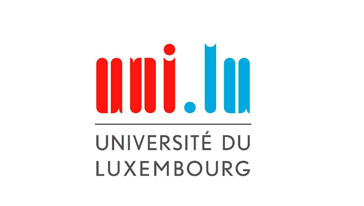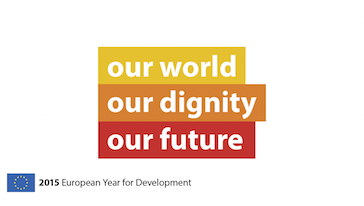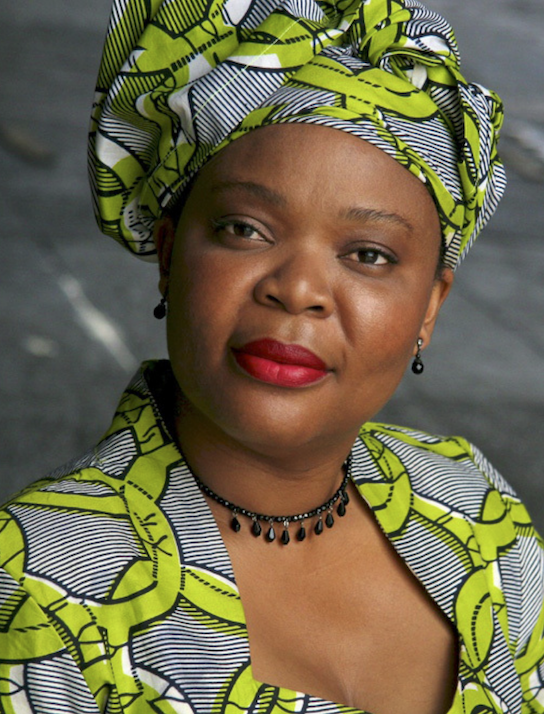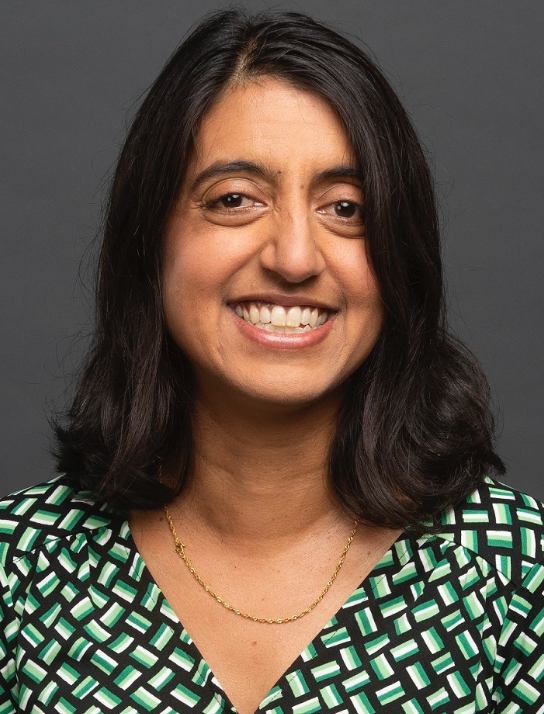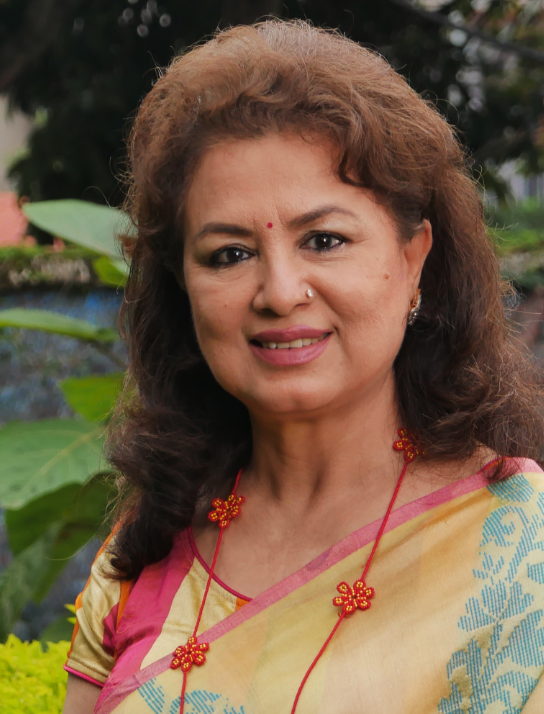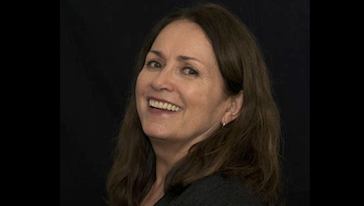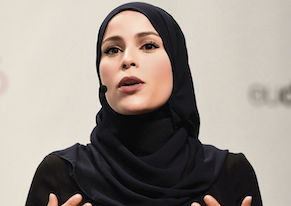Violence is the order of our world. The « Wars in our World website listed 584 militia groups globally a few months ago. Now there are 56 countries in the world in armed conflict and 676 militias, anarchy and resurgency groups. Africa has the most countries in crisis (25 countries and 197 armed groups); there are 8 countries and more than 200 armed groups in Middle East: Mexico accounts for more than 10,000 deaths per year due to drug trafficking and related violence. The US at war with itself due to mass shootings. Is there any hope ? In West Africa, the problems are systemic. HIV, security, refugees, exploitation of natural resources and mining… these are now characteristics of West Africa. The burden of the Liberian civil war was borne by women: rape, keeping the community together, gathering food amidst a rain of bullets. But this also occurred in other countries. Women knew that despite suffering and rape, if these countries were to leave those terrible states and go from war to development then we needed to step in. Most men didn’t know why they were fighting. War started, they had guns, it was fastest route to economic gain. Women needed to intervene to stop the killing.
Three examples :
First, the Wajir in Kenya : women negotiated with different actors to start a mediation committee to end the conflict. The Wajir Peace and Development Committee was formed. Now, these women have established a Trust and University of Peace. Second, in 2000 the Somali Peace Talks were organized around clans and this excluded women from the peace process. In response, Somali women developed a sixth clan- the clan of the women- and they were given a seat at the table. This led to representation in Parliament in Somalia. Third, in 2003 Liberia was in its 14th year of civil war- one observer called the Liberian situation from bad to worse to ridiculous for 3 reasons :
1) Liberia had one of worst dictators in Africa
2) It was a police state
3) Liberia hit rock bottom in the14th year of war
Liberian women started the peace movement with 10 dollars in resources. The movement started a letter-writing campaign, spoke with foreign delegations in Liberia, and confronted perpetrators. It was able to bring peace. Women bringing Africa from war to development is not a new phenomenon, we just never stopped to write our stories so they have not been heard. In 1929, the Aba Women’s riots in Nigeria occurred. 25,000 women participated; 50 were killed ; 50 more were arrested protesting colonialism. However, the women won and showed the ruling power that they must be accounted for. These women were powerless but determined.
Moving back to modern times, in 2003 Liberian women brought peace and were told to relax. However, these women refused because they decided that they were never going back. They knew that the fight did not end with peace. For example, domestic violence is prevalent in peace-time through the objectification of women. When Ms. Gbowee began as a social worker, she worked with child soldiers- a 16 year old said that he never raped a woman because he did not understand what rape is. Now, through the work of the peace movement and through the work of women lawyers, Liberia has one of strongest rape laws in the world. It also has laws protecting indigenous wives who are commodified through property law.
This journey also needs to take advantage of moments of opportunity. Following the end of civil war and the establishment of free elections in Liberia, we began a campaign to register women to vote. People ask: How did Liberia get a female president ? It is not rocket science – more women are registered to vote than men in Liberia. We cannot separate peace from politics and development. This is an error of the development community. Now women’s issues are treated like pieces in a puzzle in development. Instead, women need to be part of the solution in war time, transition and development agendas. We now have the Sustainable Development Goals: How do we begin to implement them? In Syria, peace is considered too complicated for women. In South Sudan it is the same. If war and peace are considered too complicated for women, how do you expect them to lead development? Peace is part of transition from war to development. Women active combatants in war when they are raped and suffer, they are not observers. Why should they be limited to observers in peace processes?
The United Nations Security Council Resolution 1325 is pathetic because all of the funding for women, peace and security is tied to counter-terrorism. However, if a women has seven children and cannot pay for their education, who do you think will be the first recruits in terrorist organizations and militias? Women need to be considered as active participants in peace and development processes. Donors, like Luxembourg, should give any development funding unless women are active parts of the solution and not simply restricted to being observers.
